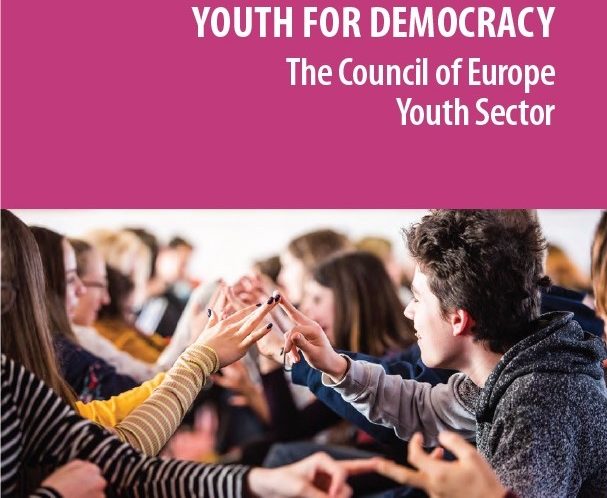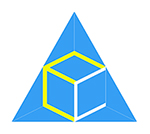Review on “Quality of European Youth Work – It’s About You(th)!” Project

Erasmus+, KA2
01.10.2015-04.09.2017 I Serbia
With the excellent and very successful programs implemented by various European institutions over the years the position and opportunities of young people have significantly improved giving them opportunities for mobility, meeting new people, new cultures, learning and mastering new skills and gaining new experiences. But does the responsibility for improving the lives of young people lie solely with their governments, the European Commission and the institutions? NO! In line with the EU Youth Strategy 2010-2018, the Declaration of the First European Convention on Youth Work and based on our previous experience, we believe that organizations in Europe dedicated to work with young people need to take the necessary steps to improve their capacity, review their previous work, learn from previous experiences and sincerely working to establish new and higher standards for their future work, thus having a greater impact on their communities, with a greater and longer lasting contribution to the quality and recognition of non-formal education and youth work in Europe for years to come.
With all this in mind, our goal was through this project to improve the capacities and enable the aspirations of organizations and institutions to be able to contribute and benefit from the implementation of projects of higher quality which will provide more opportunities and higher standards for non-formal education for young people in their communities and across Europe.
In order to reach the set-out objectives, the project was divided into three phases, the first one focusing on the topics of successful project proposal writing, specifically projects directed towards the Erasmus+ programme, as a kind of foundation for the activities to come. During the second phase, project activities were directed towards the topic of project implementation and focused on key competences of trainers and youth workers as well as new methods and trends in non-formal education. The third phase dealt with the importance of impact and dissemination dimensions of
future projects. All this was meant to create a framework of necessary knowledge and skills as well as reinforcement of attitudes needed to foster quality improvements of future projects within the Erasmus+ programme, contributing to reaching its overall goals and objectives, as well as, in the long run, contributing to the quality of youth work on a European level.
This project which has been implemented by Center for the Study of Social Democracy as lead organization and project Coordinator along with the 22 partner organizations.
